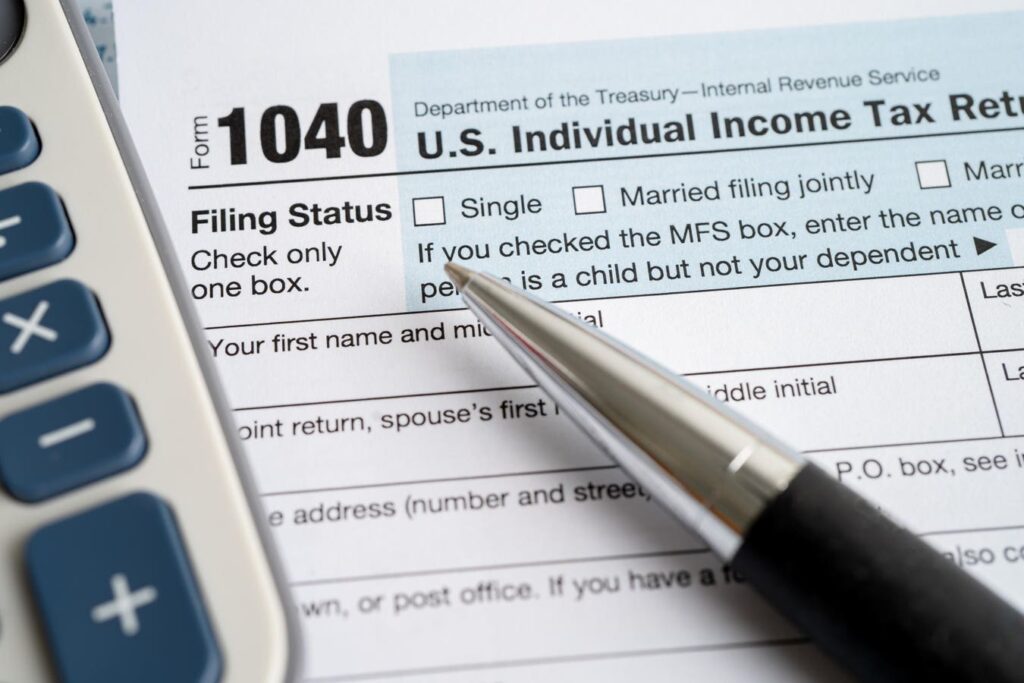The House passed a 1,116-page tax bill with sweeping implications for business owners, workers and taxpayers.
Current status
House Republicans passed their extensive 1,116-page tax bill and have sent it to the Senate. The name of the bill is H.R.1 – One Big Beautiful Bill Act (OBBB). The administration has set a July 4th target date for passage. This is a tight schedule; however, the administration and President Trump have made this bill a legislative priority.
The bill is expected to be amended in the Senate. The bill barely passed the House, and the Senate will have to be careful that they do not change it enough that it can no longer pass the House.
Likely business winners as written
- Real estate investors who qualify and want to take accelerated bonus depreciation.
- Businesses with research and development expenditures.
- Companies constructing or improving certain types of qualifying property.
Likely individual winners as written
- Employees who work in industries where tips are standard, as long as they do not earn more than $160,000 in 2025.
- Employees who work in industries where overtime is paid, as long as they do not earn more than $160,000 in 2025.
- Those who claim dependents who qualify for the child tax credit.
- Those who are paying interest on vehicles assembled in America; this starts to phase out for married couples filing jointly at $200,000 of adjusted gross income.
- Taxpayers who do not itemize their deductions will be allowed to write off a small amount of charitable contributions.
- Taxpayers transferring wealth tax-free to heirs.
- Those who are 65 or older will get a higher standard deduction.
Likely losers as written
- High income Specified Service Trade or Businesses (SSTBs) such as law firms, medical professionals, accountants, performing arts, and financial services to name a few. As written, the owners of many high income SSTBs will see their federal income taxes increase.
- Those relying on energy tax credits that were part of the Inflation Reduction Act. This will affect both homeowners and businesses.
Legislative process: What happens next
The Senate will modify the bill and will be in constant communication with President Trump and House leaders. When they are finished, they will send the modified bill back to the House where it will be voted on again.
What changes seem likely
The Hill is reporting that Senate Majority Leader John Thune feels the Senate will change the bill.
It is likely the Senate will not make wholesale changes to the OBBB since it will have to pass the House again; further they will not make changes that significantly increase the cost of the bill unless they have offsets.
The Senate really wants to make more of the business provisions permanent; however, these changes are expensive. They might focus on bonus depreciation and research and development costs.
The Hill is also reporting that Speaker of the House Johnson is warning Senators to modify the bill as little as possible.
Tax planning for 2025 and beyond
This bill, if passed, will significantly affect the federal income tax code. It is good to know what is in the bill today; however, it will change, and tax planning should not be done until after the bill is signed into law by President Trump.
This tax cut bill is significantly larger than The Tax Cuts and Jobs Act and will have a significant effect on the Internal Revenue Service, tax professionals, and taxpayers.
There will be tax planning opportunities if the OBBB eventually becomes law. As written there are planning opportunities involving estate planning, business entity selection, and purchasing or improving real estate. The OBBB will likely change and has not been passed in the Senate or signed by President Trump.
High-net-worth individuals, small business owners, and tax professionals should closely monitor the final provisions of this bill.
Read the full article here

